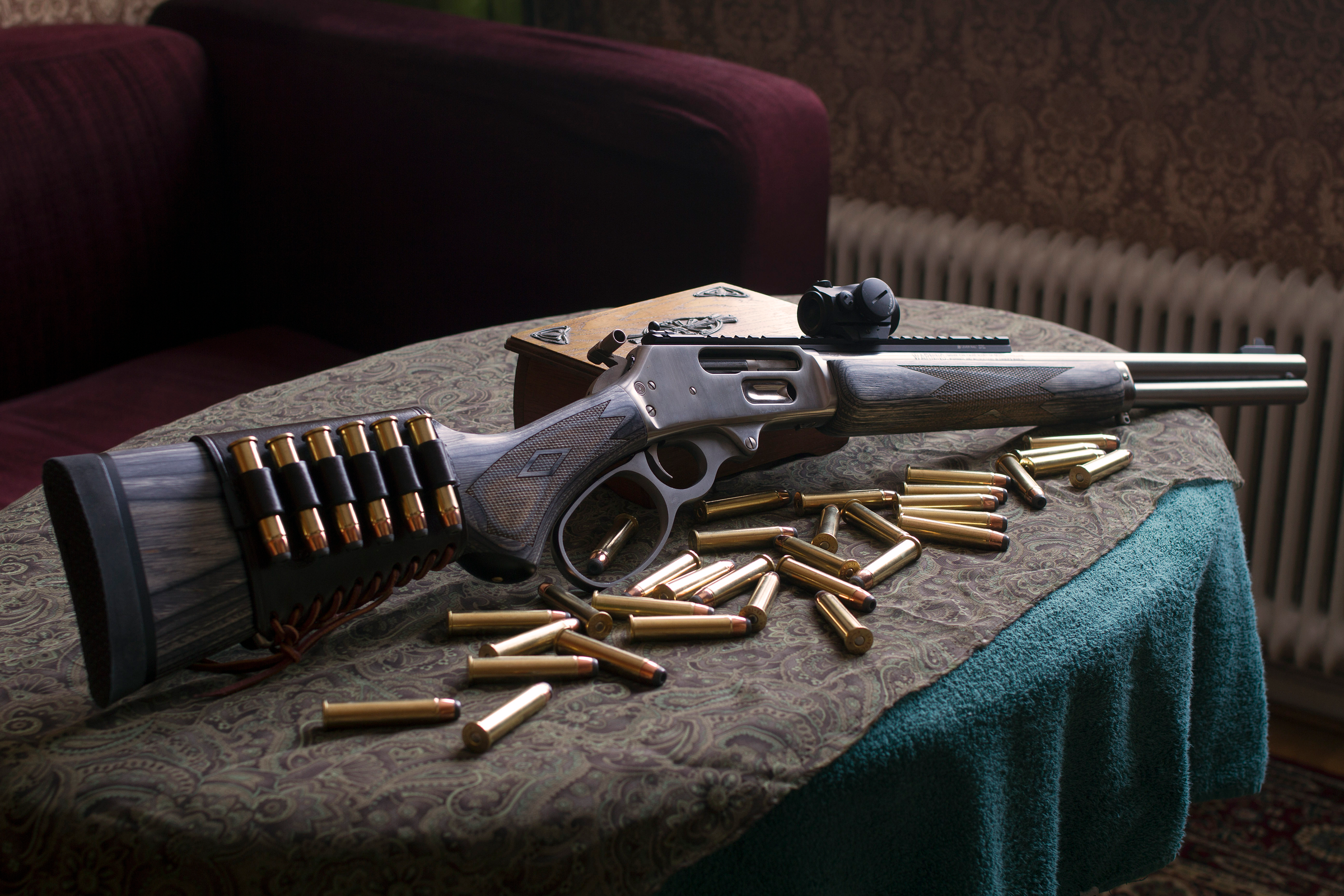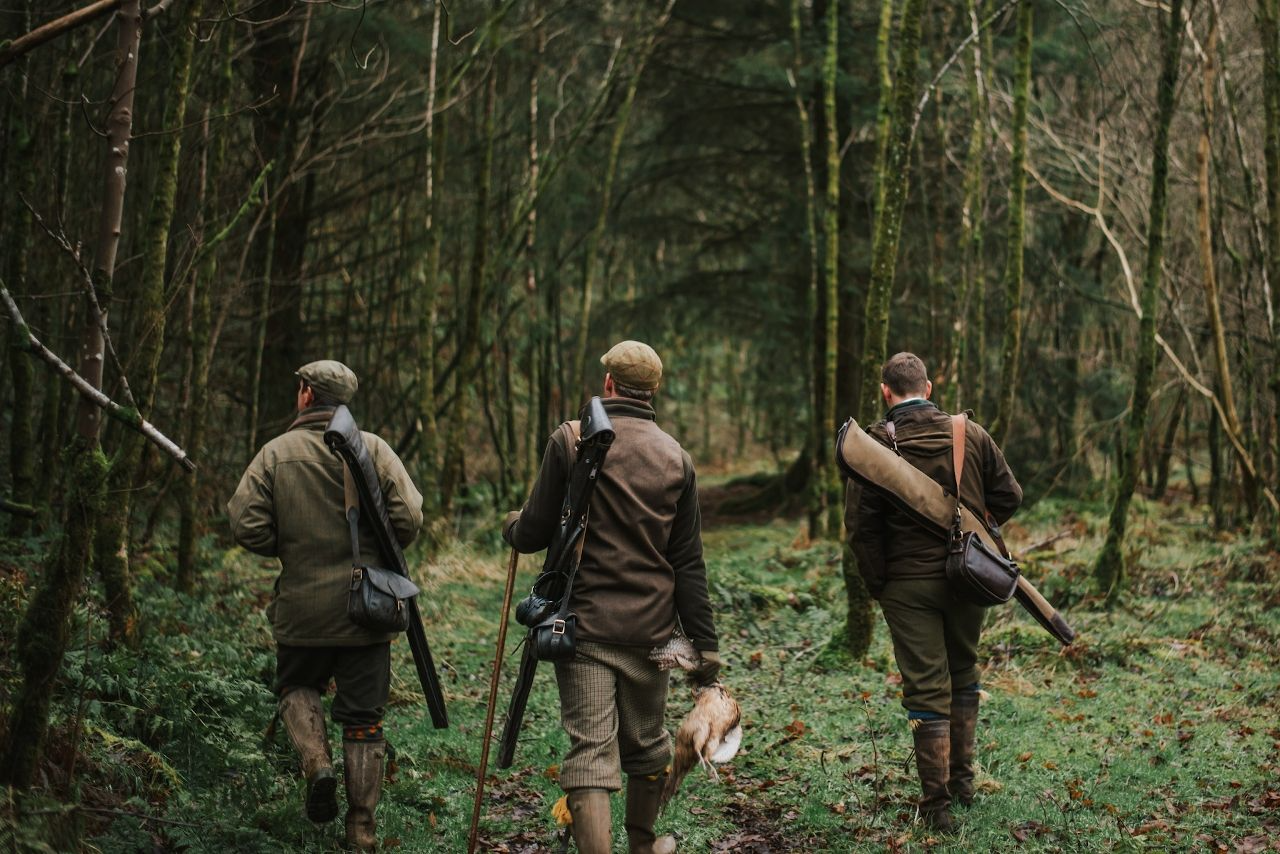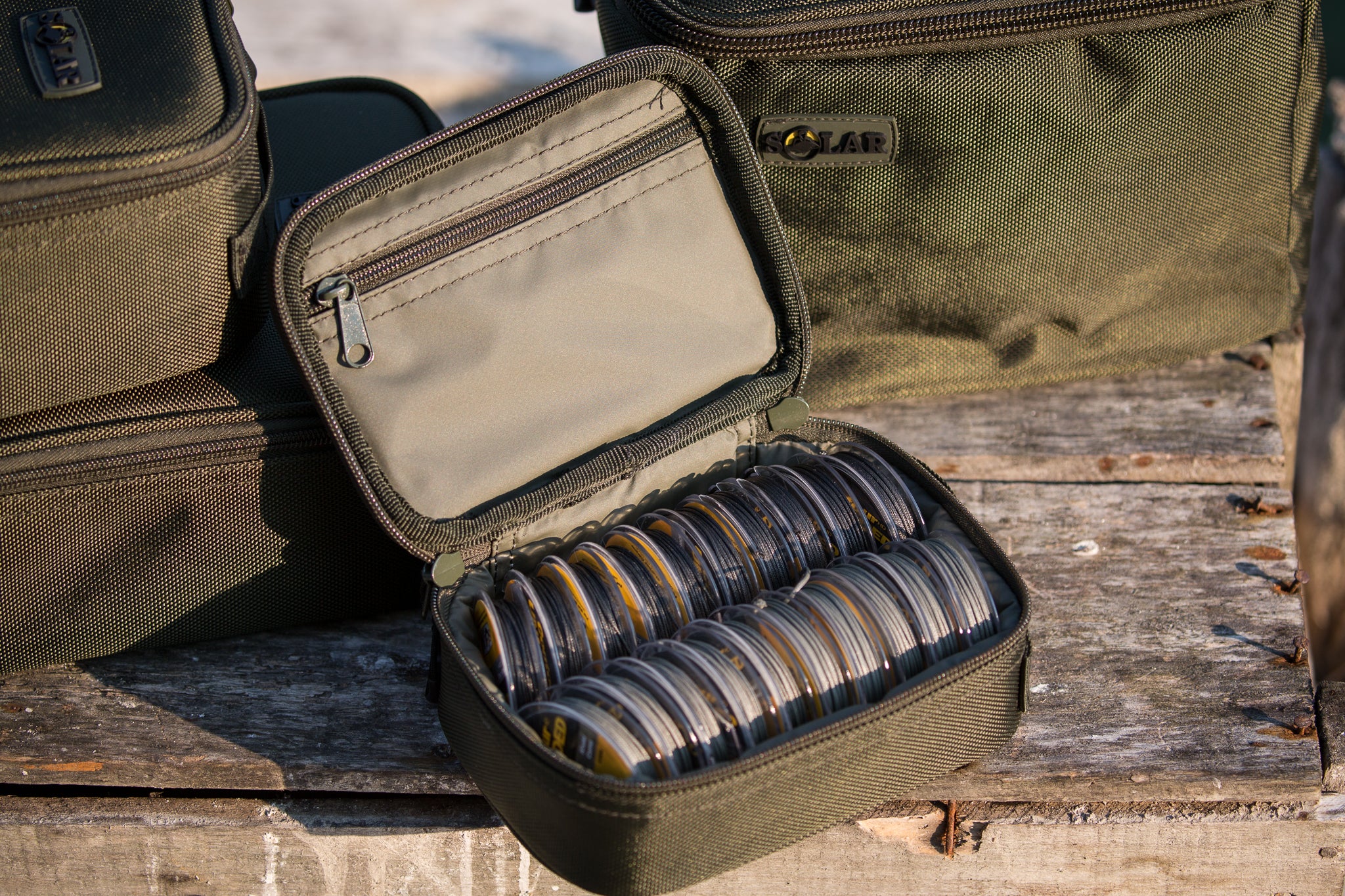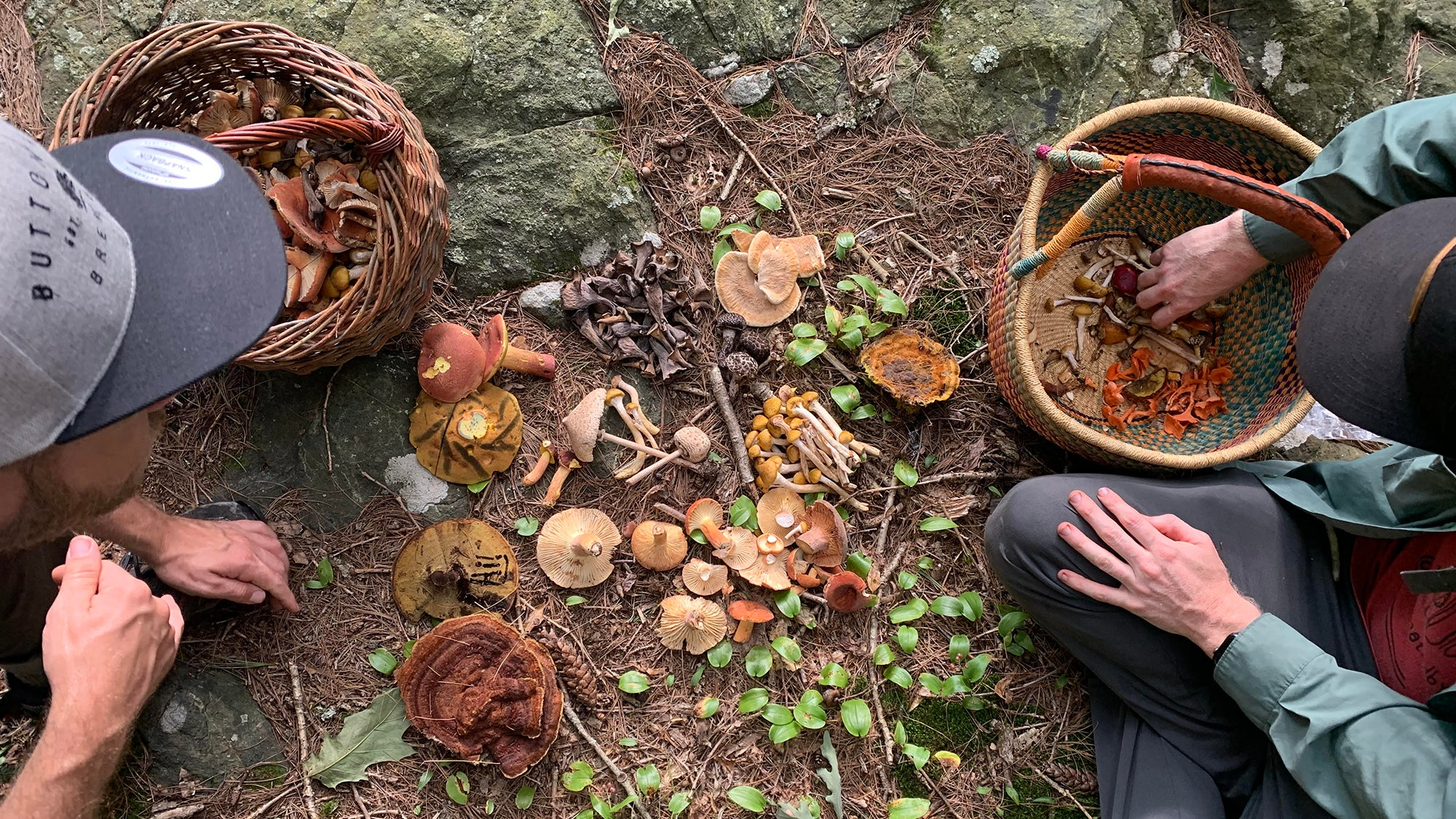Beginner’s guide to deer hunting: tips, gear, and common mistakes to avoid
Deer hunting is a time-honored tradition that blends skill, patience, and a deep connection to nature. Whether you're looking to fill your freezer with organic meat or simply enjoy the thrill of the hunt, getting started can be overwhelming. But don’t worry—this beginner’s guide to deer hunting will walk you through the essentials: tips, gear, and mistakes to avoid.
Beginner’s guide to deer hunting: tips, gear, and common mistakes to avoid
Why deer hunting?
Hunting deer isn’t just about sport—it’s also about sustainability, wildlife management, and self-reliance. Plus, it offers a chance to disconnect from daily stress and reconnect with the outdoors.
Essential gear for first-time deer hunters
Before you head into the woods, you’ll need the right equipment. Here’s a basic gear checklist:
1. Clothing & footwear
-
Camouflage or blaze orange (check local laws)
-
Waterproof, scent-free boots
-
Thermal base layers (for cold-weather hunts)
2. Weapon of choice
-
Rifle (e.g., .270, .30-06 for beginners)
-
Bow (compound bows are most common)
-
Ammunition or broadheads
-
Sling or carrying strap
3. Hunting accessories
-
Binoculars
-
Rangefinder
-
Hunting knife or field dressing kit
-
Deer calls and scent lures
-
Backpack with food, water, and survival gear
4. License & tags
Always carry your hunting license, tags, and hunter safety certification as required by your state.

Tips for first-time deer hunters
1. Know the regulations
Every state has different rules on:
-
Hunting seasons
-
Legal weapons
-
Bag limits
-
Where you can hunt
Check your state’s fish and wildlife department website for up-to-date regulations.
2. Scout your location
Pre-season scouting is key. Look for:
-
Deer trails
-
Bedding areas
-
Food sources (acorns, crops, etc.)
-
Water sources
Use trail cameras or look for signs like tracks, rubs, and droppings.
3. Play the wind
Deer have an incredible sense of smell. Always hunt downwind so your scent doesn’t spook them.
4. Time your hunt
-
Early morning and late evening are peak activity times.
-
During the rut (mating season), deer movement increases dramatically—take advantage of it.
5. Be patient
You might sit for hours before seeing a deer. Avoid unnecessary movement and noise—stillness is your best friend.
Common mistakes to avoid
1. Skipping safety
Never climb into a tree stand without a harness. Always handle firearms or bows with care. Safety is non-negotiable.
2. Neglecting practice
You must be accurate and ethical. Practice shooting regularly and know your weapon’s effective range.
3. Overusing scent control
Scent control is important, but it’s not magic. Focus more on wind direction and staying clean than overloading on products.
4. Not knowing your target
Always positively identify your target before pulling the trigger. Know what’s beyond it too.
5. Giving up too soon
Hunting requires commitment and patience. Many new hunters give up after a few uneventful sits—don't be one of them.
After the shot: what to do
-
Track responsibly: Wait at least 30 minutes before following a shot deer.
-
Field dress promptly to preserve the meat.
-
Tag your deer and follow local game check-in procedures.
Final thoughts
Starting your deer hunting journey can seem intimidating, but with the right gear, knowledge, and mindset, you’ll be well on your way. Respect the animal, the land, and the tradition—and you'll become not just a better hunter, but a better outdoorsman.





















